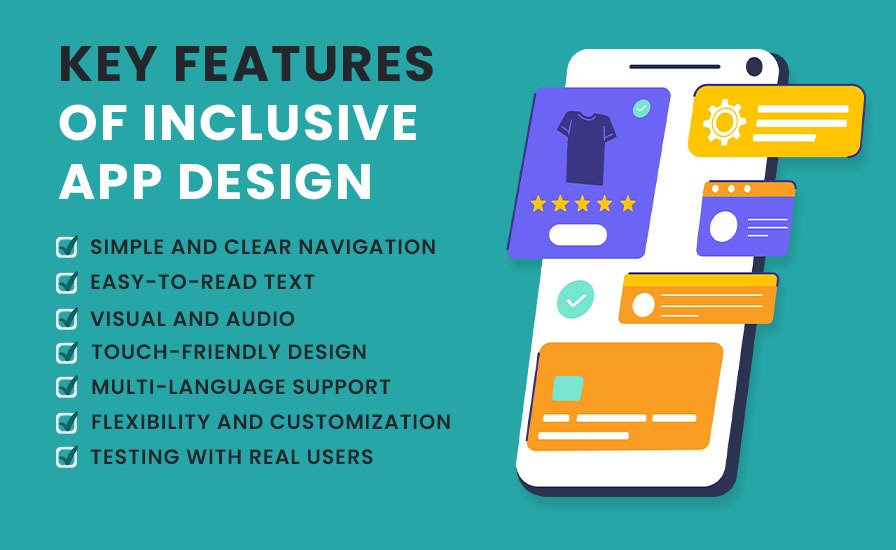How AI will shape the future of digital Marketing?
AI shaping the Future of Digital Marketing Services
In the rapidly evolving digital landscape, artificial intelligence (AI) has emerged as a transformative force, poised to redefine the future of digital marketing services. As businesses strive to stay competitive, understanding how AI technologies will shape marketing strategies becomes imperative. This comprehensive exploration delves into the intricate ways AI will revolutionize digital marketing, highlighting the integration of AI in digital marketing services, the enhancement of customer experiences, and the inevitable challenges and opportunities that lie ahead.
The Integration of AI in Digital Marketing Services
AI’s integration into digital marketing services marks a pivotal shift in how businesses approach marketing. By leveraging AI, companies can automate complex processes, glean insights from big data, and personalize marketing efforts at an unprecedented scale. Here are some key areas where AI is set to make a significant impact:
Personalized Customer Journeys
AI enhances digital marketing services by enabling highly personalized customer journeys. Through sophisticated algorithms, AI can analyze vast amounts of data from various customer interactions to tailor marketing messages and offers to individual preferences and behaviors. This level of personalization not only improves customer engagement but also significantly boosts conversion rates.
Predictive Analytics
Predictive analytics is another area where AI is revolutionizing digital marketing services. By harnessing the power of AI to analyze past consumer behavior and market trends, businesses can predict future customer actions with remarkable accuracy. This foresight allows marketers to craft strategies that align closely with anticipated customer needs, optimizing marketing effectiveness.
Chatbots and Virtual Assistants

AI-powered chatbots and virtual assistants are transforming customer service and engagement in digital marketing. These intelligent systems provide instant, 24/7 assistance to customers, answering queries, offering recommendations, and facilitating purchases. Their ability to learn from interactions enables them to offer increasingly personalized and helpful responses, enhancing the customer experience.
Content Creation and Curation
AI is also making strides in content creation and curation. With natural language generation (NLG) technologies, AI can produce compelling written content, from product descriptions to news articles. Additionally, AI can curate personalized content for individual users, ensuring that marketing messages are relevant and engaging.
Enhancing Customer Experiences
The ultimate goal of digital marketing services is to offer exceptional customer experiences, and AI is the key to achieving this objective. AI technologies enable real-time customer insights, allowing businesses to adapt quickly to changing preferences and behaviors. Moreover, AI can identify and predict customer pain points, enabling marketers to address issues proactively and improve the overall customer journey.
Ethical Considerations and Consumer Privacy
As AI becomes more integrated into digital marketing services, ethical considerations and consumer privacy emerge as critical concerns. Businesses must navigate the delicate balance between leveraging AI for marketing advantages and respecting consumer privacy rights. Transparent data practices and adherence to privacy regulations are essential to maintain trust and ensure the ethical use of AI in marketing.
Overcoming Challenges and Seizing Opportunities
The integration of AI into digital marketing services presents both challenges and opportunities. One of the main challenges is the digital divide, where smaller businesses may struggle to access and implement advanced AI technologies. However, this also presents an opportunity for digital marketing service providers to offer scalable AI solutions tailored to businesses of all sizes.
Another challenge is the need for skilled professionals who can manage and interpret AI technologies. Investing in education and training is crucial for businesses to fully harness the potential of AI in marketing.
Revolutionizing Strategy with AI-Driven Insights

One of the most significant ways AI is changing the game is through the provision of deep, actionable insights that were previously beyond reach. These insights allow for the crafting of more effective strategies that are based on data-driven decisions rather than intuition. AI’s ability to sift through and analyze large datasets in real-time means marketing strategies can be more responsive to market dynamics, optimizing campaigns for better outcomes.
The Automation Advantage
The automation capabilities offered by AI extend beyond routine tasks, touching on strategic decision-making processes as well. For instance, programmatic advertising, powered by AI, automates the buying and placement of ads, but it does so in a way that is dynamically optimized based on ongoing campaign performance data. This not only streamlines operations but also significantly increases the ROI of advertising campaigns by ensuring ads are always targeted to the most receptive audiences.
Bridging the Gap Between Data and Creativity
AI’s role in bridging the gap between data analytics and creative processes is particularly noteworthy. By providing insights into consumer behavior and preferences, AI empowers creative professionals to design more resonant and impactful marketing messages. Furthermore, AI tools can assist in the creative process by generating initial design concepts, which can then be refined and brought to life by human creativity, blending the best of both worlds for unparalleled marketing effectiveness.
The Role of AI in Enhancing Customer Loyalty and Retention
Beyond attracting new customers, AI plays a crucial role in enhancing loyalty and retention among existing customers. Personalization, facilitated by AI, extends to the entire customer lifecycle, enabling brands to deliver not just personalized marketing messages but also customized products, services, and experiences. This level of personalization fosters a deeper connection between brands and their customers, significantly enhancing loyalty and encouraging long-term customer relationships.
Navigating the Challenges of Implementing AI
While the benefits of AI in digital marketing are clear, implementing these technologies is not without its challenges. These include the need for substantial investment in technology and talent, the management of customer expectations around privacy and data use, and the ongoing need to stay ahead of rapidly evolving AI technologies. Success in this area requires a strategic approach to technology adoption, a commitment to ethical data use, and a culture of continuous learning and adaptation.
The Ethical and Social Implications
As we embrace the power of AI in transforming digital marketing, it’s essential to consider the ethical and social implications of these technologies. Issues around data privacy, the potential for bias in AI algorithms, and the impact of automation on employment are critical considerations that need to be addressed as part of a responsible AI strategy. By taking a proactive approach to these issues, businesses can ensure that their use of AI supports not only their own goals but also the broader interests of society.
The Future of Digital Marketing Services
Looking ahead, AI is set to become an indispensable element of digital marketing services. As AI technologies continue to evolve, we can expect even more innovative applications to emerge, further enhancing the effectiveness and efficiency of digital marketing efforts. Businesses that embrace AI and integrate it into their marketing strategies will be well-positioned to thrive in the digital age.
In conclusion, AI’s impact on the future of digital marketing services is profound and multifaceted. From personalizing customer journeys to enhancing operational efficiency, AI offers a wealth of opportunities for businesses to innovate and improve their marketing efforts. As we navigate this exciting frontier, the key to success lies in leveraging AI ethically and effectively, ensuring that digital marketing not only drives business growth but also enriches the customer experience. In this rapidly changing landscape, the future of digital marketing services is not just about embracing new technologies; it’s about reimagining the possibilities of what marketing can achieve in the age of AI.
Stay Informed, Stay Ahead
Explore our insightful articles and stay updated on the latest trends, tips, and strategies shaping the digital marketing landscape.





